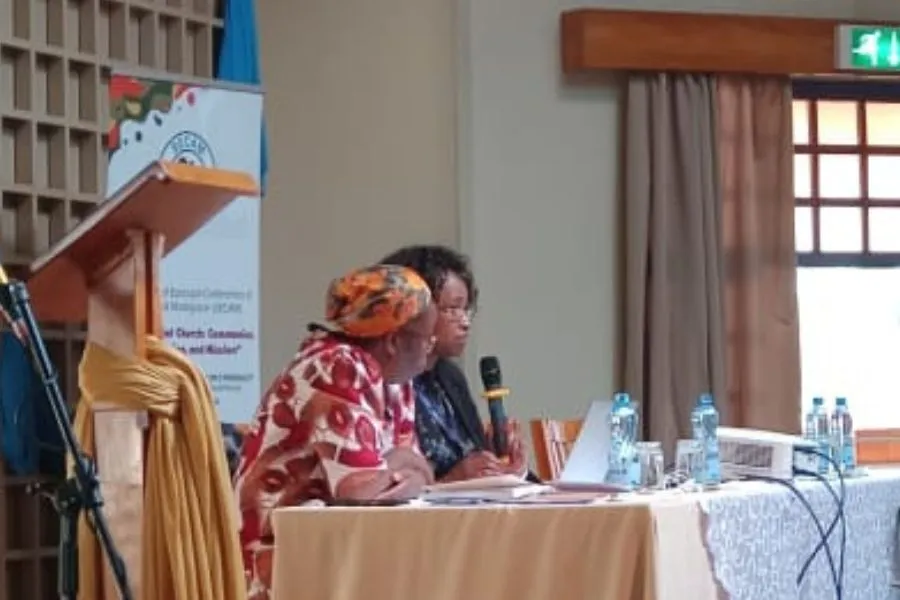“With my role as a delegate, I have a right to vote at the synod,” she says, and adds, “I will be representing women as well. For the first time women get to vote, and I am happy I will have the opportunity to vote in this historic synod of the Catholic Church.”
The SACBC official lauds Pope Francis for involving the laity in the important decision-making processes of the Church, a move she says is something that women have been advocating for many years.
“We have been calling for women, youth and the laity to have the right to vote at the synod. In South Africa in particular, there have been groups of women, including women religious, who have been very vocal, calling for the inclusion of women not just in research or in contributing towards other solutions, but they have also asked to be given key positions of decision making in the Church.”
“For me, this inclusion of women in particular, giving women the right to vote in the synod of Bishops is an answer to that call… And I think this is important because we are the Church; all of us are the Church,” she says, and clarifies, “I am not, however, going there (in Rome) with a democratic mindset. I am going there to listen and to represent our laity and our women in the global south.”
Dr. Nonterah has described the Synod on Synodality as a “renewal” which she is happy to be part of.
(Story continues below)
“I find it really beautiful to go through this renewal,” she tells ACI Africa, and adds, in relation to her role in the Synod, “The fact that lay people are participating in a synod shows that we are making progress in rediscovering that important aspect of being Church, which is being all-inclusive.”
The Ghanaian don has, however, cautioned against a possible misunderstanding that representation of the laity in the upcoming synod translates to categorizations.
“For this synod, we should not be talking about issues of a certain category or section of Church. We should rather look at all of us as Christians, not about our different categorizations. I hope that we are all able to learn about journeying together and to be that Synodal Church that we are called to be,” she said.
Agnes Aineah is a Kenyan journalist with a background in digital and newspaper reporting. She holds a Master of Arts in Digital Journalism from the Aga Khan University, Graduate School of Media and Communications and a Bachelor's Degree in Linguistics, Media and Communications from Kenya's Moi University. Agnes currently serves as a journalist for ACI Africa.








